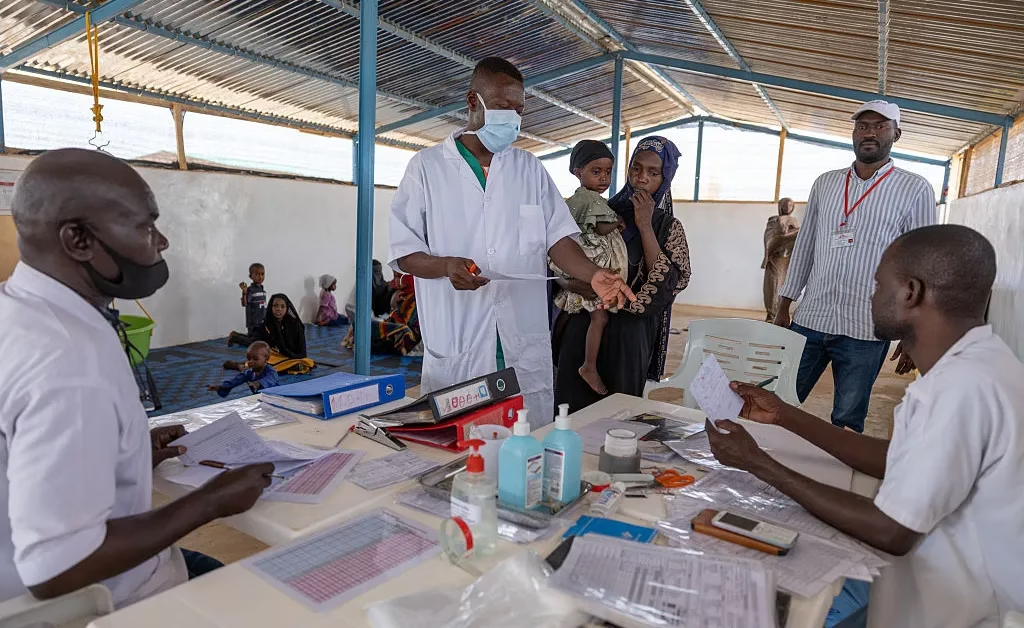We often feel the physical effects of stress at work—sweaty palms, racing thoughts, and urgent trips to the restroom before important meetings. However, stress also has long-term consequences for our health that many may not realize.
Recent studies highlight how work-related stress can damage your heart and increase your risk of heart disease. This is particularly concerning given that stress is one of the leading causes of long-term sick leave in the UK, accounting for over 17 million lost working days in 2021/22.
Here’s how stress impacts different parts of your body:
Heart Health
Stress at work can significantly increase the risk of developing atrial fibrillation (AFib), a serious heart condition. Research from Laval University in Quebec, Canada, indicates that high job strain and low job satisfaction are linked to a 97% higher risk of AFib compared to less stressed workers. AFib can lead to strokes, heart failure, and other severe heart issues. In the UK, approximately 1.4 million people have AF, with the risk rising with age.
A 2023 study in the journal Circulation further supports this link, revealing that high-stress jobs can double the risk of heart disease, which can lead to heart attacks and other complications. Job strain, characterized by high demands and low control, was specifically noted as a significant factor.
Mental Health
Stress is also known to negatively affect mental health. A British study found that high-stress jobs double the likelihood of young workers experiencing major depression. Depression affects about one in six people in the UK, with women being twice as likely to be affected. Research from King’s College London noted a significant increase in major depressive disorder among people in high-pressure jobs, attributing 45% of cases directly to workplace stress. Interestingly, high-stress roles aren’t limited to office jobs; head chefs in large restaurants, due to tight deadlines and public scrutiny, are also highly affected.
Fertility
Stress can also impact fertility. A 2014 study published in Human Reproduction found that women experiencing high levels of stress had a 29% lower chance of becoming pregnant compared to those with lower stress levels. Stress disrupts ovulation in women and affects sperm quality in men, making conception more difficult. The hormones released during stress, such as cortisol, can throw the reproductive system off balance.
Addressing workplace stress is crucial for both mental and physical health. While some jobs are inherently more stressful, understanding and managing stressors can help mitigate these health risks.



